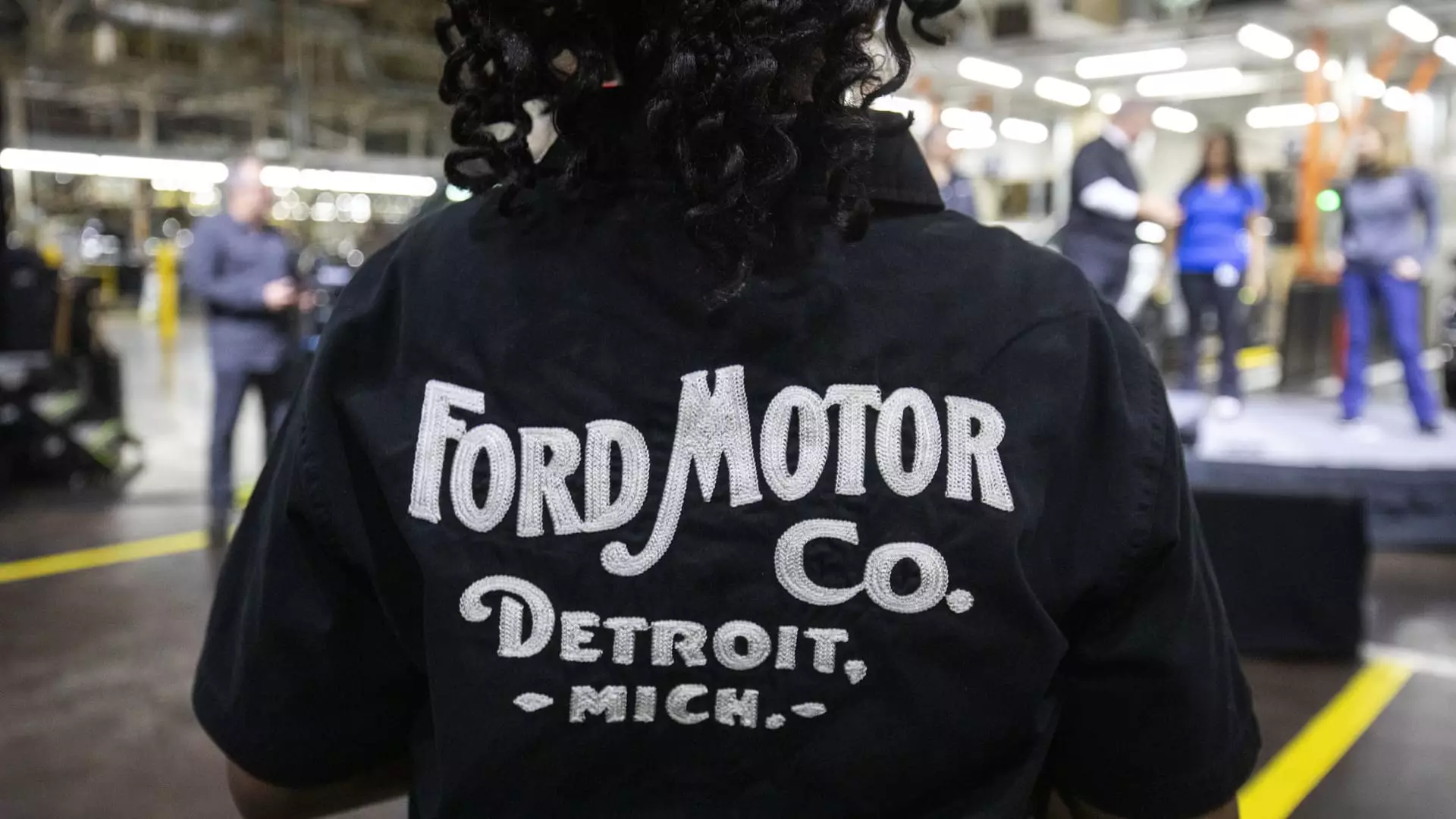Ford Motor, a well-known auto manufacturer, has recently made a significant shift in its stance on diversity, equity, and inclusion (DEI) initiatives. The company has reevaluated its policies and practices in light of the evolving political and social environment. This decision was communicated internally to Ford employees and has sparked controversy among advocates for DEI.
Ford’s adjustment to its DEI approach is not an isolated incident. Other companies, such as Tractor Supply, Harley Davidson, and Lowe’s, have also taken steps to backtrack on their diversity efforts. These changes have been attributed to conservative backlash and shifting social and political landscapes. For example, Tractor Supply severed ties with the Human Rights Campaign, a prominent LGBTQ+ advocacy group, earlier this year.
In its recent memo, Ford revealed several key modifications to its DEI strategy. The company announced that it will no longer set quotas for minority dealerships or suppliers and emphasized that it does not have hiring quotas in place. Additionally, Ford will discontinue its participation in the Human Rights Campaign’s Corporate Equality Index and similar workplace rankings.
Ford’s statement to employees underscored a shift in focus towards core business priorities. The company expressed a commitment to serving its customers, supporting its team, and engaging with local communities, rather than engaging in public debates on divisive issues. However, Ford clarified that it would still speak out on critical matters when it believes it can make a positive impact.
The decision by Ford and other corporations to scale back their DEI efforts reflects a broader trend in the business world. The recent Supreme Court ruling on affirmative action in colleges has intensified calls from conservative activists for companies to reconsider their investment in diversity programs. This wave of reversals has raised questions about the future of DEI initiatives in corporate America.
Ford Motor’s decision to reevaluate its DEI policies has drawn attention to the complex landscape of diversity and inclusion in the corporate sphere. While some see these changes as a response to external pressures, others view them as a strategic realignment of priorities. As the debate around DEI continues to evolve, it is essential for companies like Ford to navigate these challenges thoughtfully and transparently.

